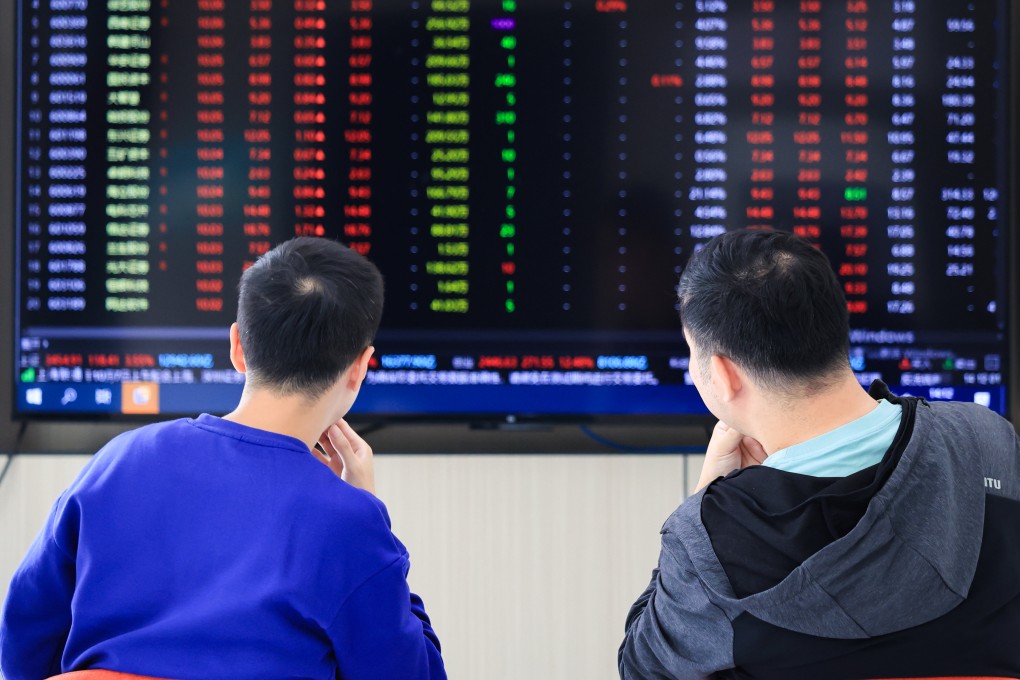Advertisement
Macroscope | Will China replace India and Japan as Asia’s new investment darling?
Although Indian and Japanese stock markets have lost some of their lustre, more signs are needed to affirm the quality of China’s post-stimulus bull run
Reading Time:4 minutes
Why you can trust SCMP
3

Among Asia’s leading equity markets, India and Japan have reigned supreme since the eruption of the Covid-19 pandemic. Even before the virus struck, Indian stocks had been enjoying a spectacular bull run, powered by the country’s rapid growth and strong corporate earnings. Since 2014, the Nifty 50, one of India’s main stock indices, has soared nearly 300 per cent.
Advertisement
The fierce rally in Japan’s stock market is more remarkable given that it took over three decades for the country’s two main equity gauges to surpass the levels reached just before the bursting of the late 1980s asset bubble. The combination of the end of decades of deflation, far-reaching corporate governance reforms, and political and policy stability convinced many fund managers the rally was built on solid foundations.
India and Japan also benefited from the deterioration in sentiment towards Asia’s largest economy. The reshaping of global supply chains and the cyclical and structural downturn in China proved a boon for both countries’ stock markets.
Beijing’s zero-Covid strategy, the succession of regulatory clampdowns and the crisis in China’s property market accentuated the appeal of India’s economy. Japan provided investors with a safe, deep and liquid alternative to China’s equity market.
However, over the past months, the two linchpins of the “Asia ex-China” trade have lost some of their lustre. Several factors are at play. The most important one is Beijing’s announcement in late September of a sweeping stimulus package that sent a powerful signal that policymakers are increasingly concerned about the severity of the downturn and are willing to take action on multiple fronts to revive growth.
Advertisement
The facts speak for themselves. In September alone, foreign investors bought a net US$20 billion of Chinese securities, the largest monthly inflow since 2021. The CSI 300 index of Shanghai and Shenzen-listed shares has entered a bull market and is up 23 per cent since September 13. According to data from HSBC, emerging market funds have an overweight position in Chinese stocks for the first time in 10 months while Asian funds’ holdings have risen to a five-year high.

Advertisement
